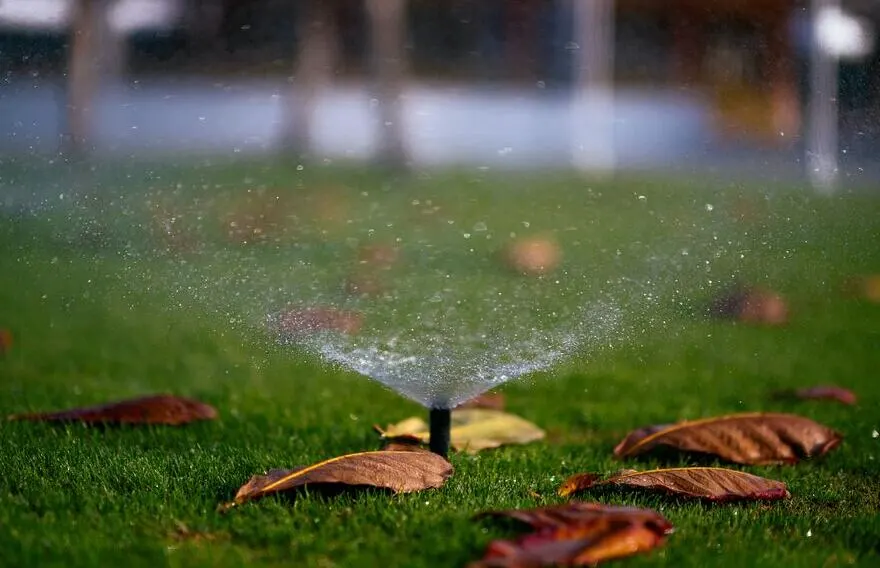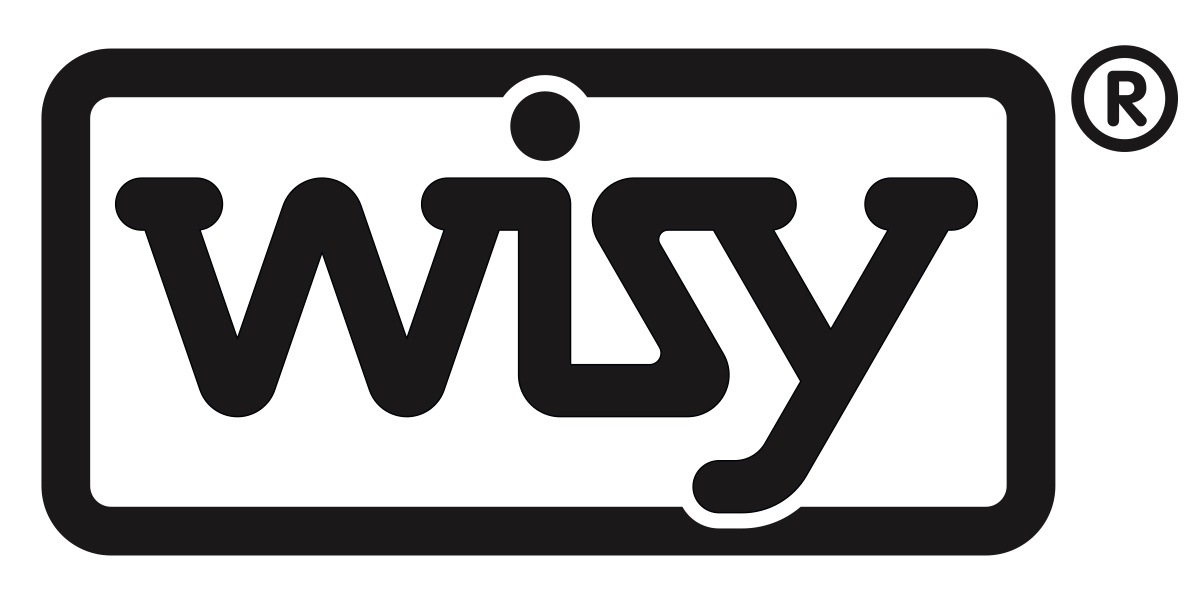- Table of contents
- What is service water?
- Areas of application of service water
- FAQ's
Service water: definition and benefits
Water is the basis of life and the earth. Not only for humans, but also for nature and the environment, water is very precious. It provides essential resources for plants, animals and the environment. The daily use of water in private households makes it clear how important running water is. The definition of service water is simple. Service water is water used in private, technical, commercial and agricultural activities for needs that do not require potable water quality. These are all applications where human consumption or body care is not involved. Service water is not the same as drinking water.
Service water and public mains water must be routed in separate pipework systems. In industry and commerce, service water is often enriched with additives for further processing. In the municipal sector, some local authorities are considering a separate supply of service water. So far, however, these plans to separate service water and standard mains water have not jet become real. From a cost perspective, a separate service water supply definitely makes sense in order to save costs in the long term. The easiest way to realise this is with your own rainwater system.
What is service water
Service water, as the word implies, is water that is used as utility water. It is not used for purposes of human consumption, food preparation of body care. It is suitable for flushing toilets, cleaning or watering the garden.
If service water is used for technical processes, it is important that it is suitable for the machine and the process for which it is used. In agriculture, process water can be used in a variety of ways, for irrigation, animal farming, cooling, spray water, livestock drinking water, etc..
Where does Service water come from?
Service water can be obtained in a variety of ways. In the most common cases, however, it is rainwater or groundwater. Precipitation water or rainwater is collected in a variety of ways. The simplest variant for collecting rainwater is the classical rain barrel. Instead of a rain barrel in the garden, underground cisterns serve as a storage for a more suffuicient amount of water. When the groundwater levell is high enough and the local authorities approve the use of private wells, than it is easy to draw service water with pumps. The service water obtained in this way can be fed into the private service water pipework. .
Service water can also come from the waste of the shower, washing machine or kitchen sink. This water is called grey water as long as it is free of faeces.
Areas of application for service water
Here we would like to give you a general overview once again on the areas of application
Service water in the household
The service water can be used for several areas and can save you money. We recommend that you use domestic service water for the following purposes:
- Toilet flushing: Flushing toilets with service water is one way to reduce water consumption, as this accounts for a large proportion of mains water use.
- Washing machine: clean the laundry with Rainwater has the advantage that Rainwater is free of LIme and therefore a large amount of deterent can be saved.
- Cleaning: Domestic water can be used for cleaning the house, windows and floors.
Service water for the garden
Rainwater or service water is a valuable resource in the outdoor area of a house. Use your collected rainwater to water your green areas and plants easily and cost-effectively. A full rainwater tank is worth its weight in gold on hot summer days.
- Watering plants: Rainwater is the natural source for watering plants, it is soft and its use saves valuable tap water.
- Property cleaning: Service water can be used for cleaning pavements, cars, garden furniture and in all cleaning work.






























